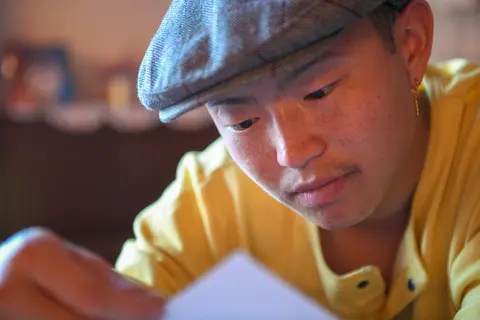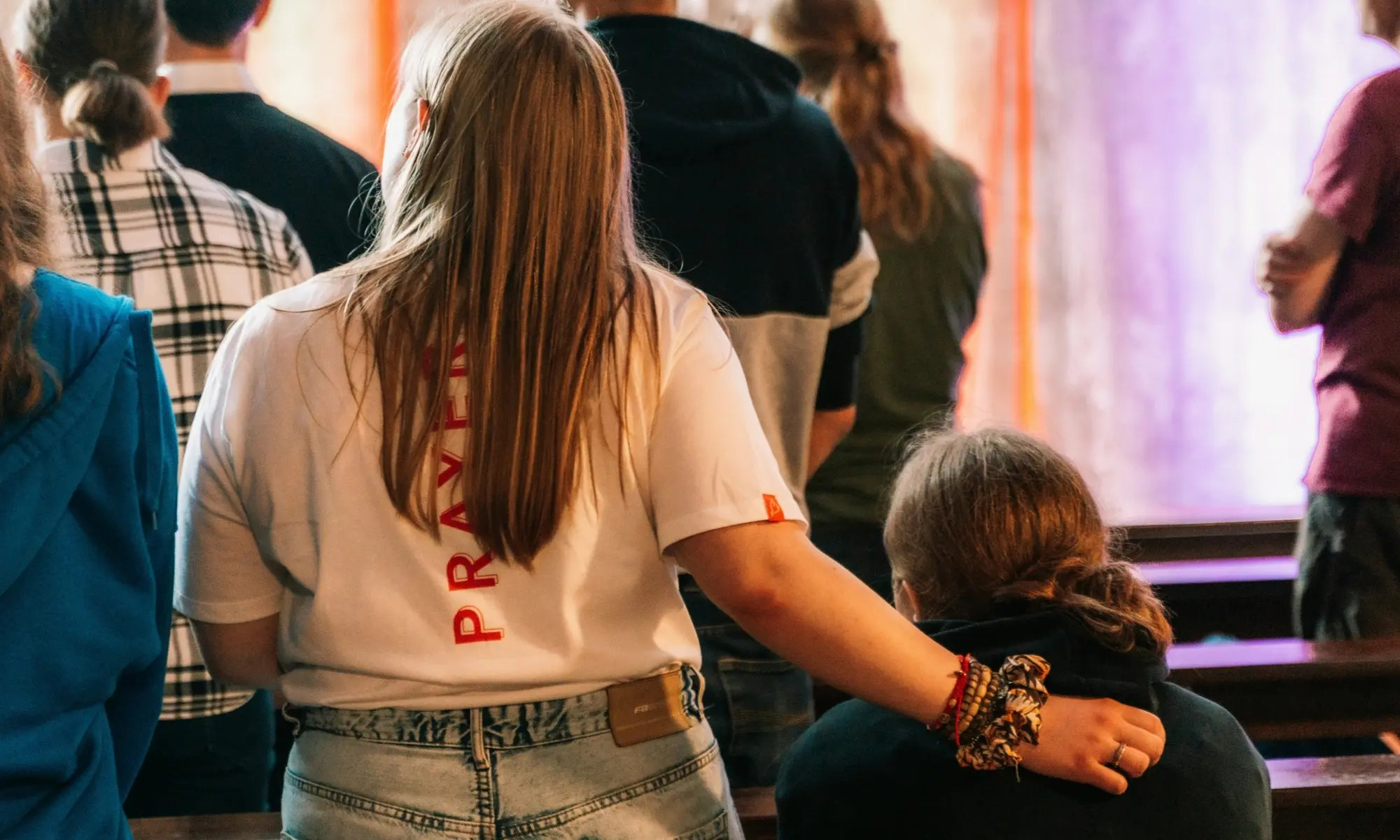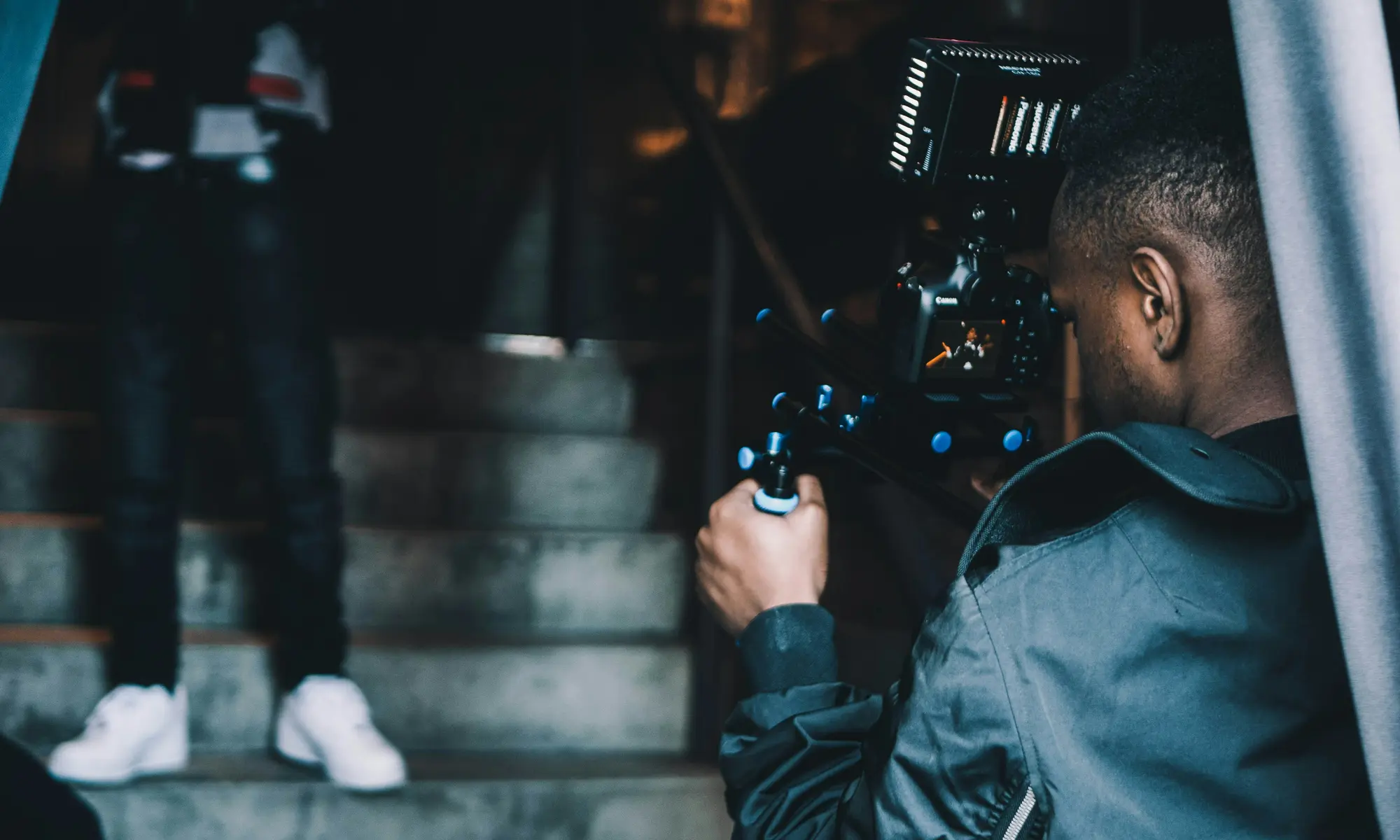A tale of reconciliation in Tshwane
What's Your Story? , Reconciliation , Transformation , Church“A big number of South Africans are still not clear what reconciliation is all about. Change is not determined by the outcome of an election, but by the willingness of individuals and communities to Ask. Listen. Tell.” – Pastor James Adams
For some, meaningful reconciliation seems too daunting a prospect. However, in the unlikely setting of Tshwane, a group of pastors is showing that humbly, and slowly, it’s a journey worth taking.
“After two and a half years, I think we’re finally getting there – sharing heart-to-heart, not head-to-head… It’s going well, because we’re struggling through…” said Heartlines church mobilisation facilitator, Gerhard de Koker. His words reflect the fact that meaningful, sustainable reconciliation involves continuously and honestly confronting your own biases, while having grace for people who have a different perspective to yours.
This particular journey of reconciliation started in February 2018, when Heartlines attended the Tshwane Church Leadership forum – a meeting of various leaders of groups of churches across the city. Twenty-nine pastors attended the event, the vast majority of whom were white. In conversation with the convenor of the Tshwane Church Leadership forum, Heartlines’ Brian Helsby learnt that they had been hoping for a long time that pastors from township fraternals would attend the forum – but this had not yet materialised.
De Koker began the work of introducing those already part of the forum to What’s Your Story? (WYS), a Heartlines project that promotes understanding, cohesion, trust and reconciliation through personal story-sharing; in the hope that it would serve as a tool to bring the forum and other township church leaders together. Then, in 2019, de Koker organised a Leadership Bridge event for 30 church leaders – which was attended by a diverse range of church leaders, including those serving in areas such as Mamelodi, Atteridgeville and Soshanguve.
A Bridge event creates an opportunity for pastors from a community or city to spend two days together. The first day focuses on personal story-sharing in groups. On the second day, the groups define and then shortlist the major issues in their community. The aim of a Bridge event is two-fold: for the pastors to start building deep, long-lasting friendships, and for them to then use these as a base from which to collaborate to tackle issues facing their communities.
Pastor James Adams was one of those who attended: “At first, I was ambivalent about attending when I heard that it was an attempt to build bridges among pastors across racial lines…” he said. Previous attempts to “transform” Tshwane had been strained, as prominent church leaders in the city felt that the change of power in South Africa was sufficient to address the reconciliation mandate.
“Things remained undealt with from the past and I was sceptical and reluctant to be part of the storytelling workshop because I did not think it would bring fruit,” said Dr Jacob Boshielo, another Bridge attendee who pushed himself to attend despite his reservations.
“They gave me a manual, which I never went into,” said Boshielo. “Then one day, I picked up the book and read it carefully for the first time. It made me understand the power of story. The hate and mistrust [we had for one another] was due to the fact that we’d never been open with one another. We did not trust each other due to past events… I realised if we could open our hearts and talk honestly where we are coming from, then we could break down the mistrust.”
WYS uses the tool of personal storytelling to have deep, non-threatening conversations that aim to build trust. “I have learnt that building bridges is not a superficial exercise. It becomes a moment of truth-telling about the hurts of the past and how we might together find ways of addressing the hurts and suspicions of our past [to] build a bridge for deep, lasting friendships,” said Adams.
“The issue of trust began to surface because of storytelling… This process brings trust, and trust brings healthy relationships,” added Boshielo.
“Story-sharing gives you an intentional tool that brings you to a much deeper personal relationship more quickly… but this is also quite challenging because listening in the right way takes a lot of time,” said de Koker.
“I saw that the grace of God can bring the church together, if we’re prepared to pray for one another and love one another,” said Pastor Neville Noorden.
After many hours of story-sharing, the 30 pastors who attended the first Bridge event were inspired to call for a reconciliation workshop at Moreleta Park Association on 12 June 2019, which was attended by 115 pastors from all over Tshwane. Another fruitful reconciliation workshop was held on 2 October 2019 at Lewende Woord church, with around 230 pastors attending. Both workshops were facilitated by Pastor Edgar Ramsami and de Koker.
Those who have participated in the WYS programme are eager to see it implemented beyond the Bridge events, recognising the effectiveness of this tool in working towards reconciliation. Echoing the words of former President Nelson Mandela, Adams said that reconciliation and social cohesion cannot be legislated – and that the church should “set the pace on these crucial spiritual imperatives to bring healing to our land”.
If you, your church or your small group are interested in learning more about the What’s Your Story? programme, you can visit www.whatsyourstory.org.za and/or email brian@heartlines.org.za for more information.
Featured






